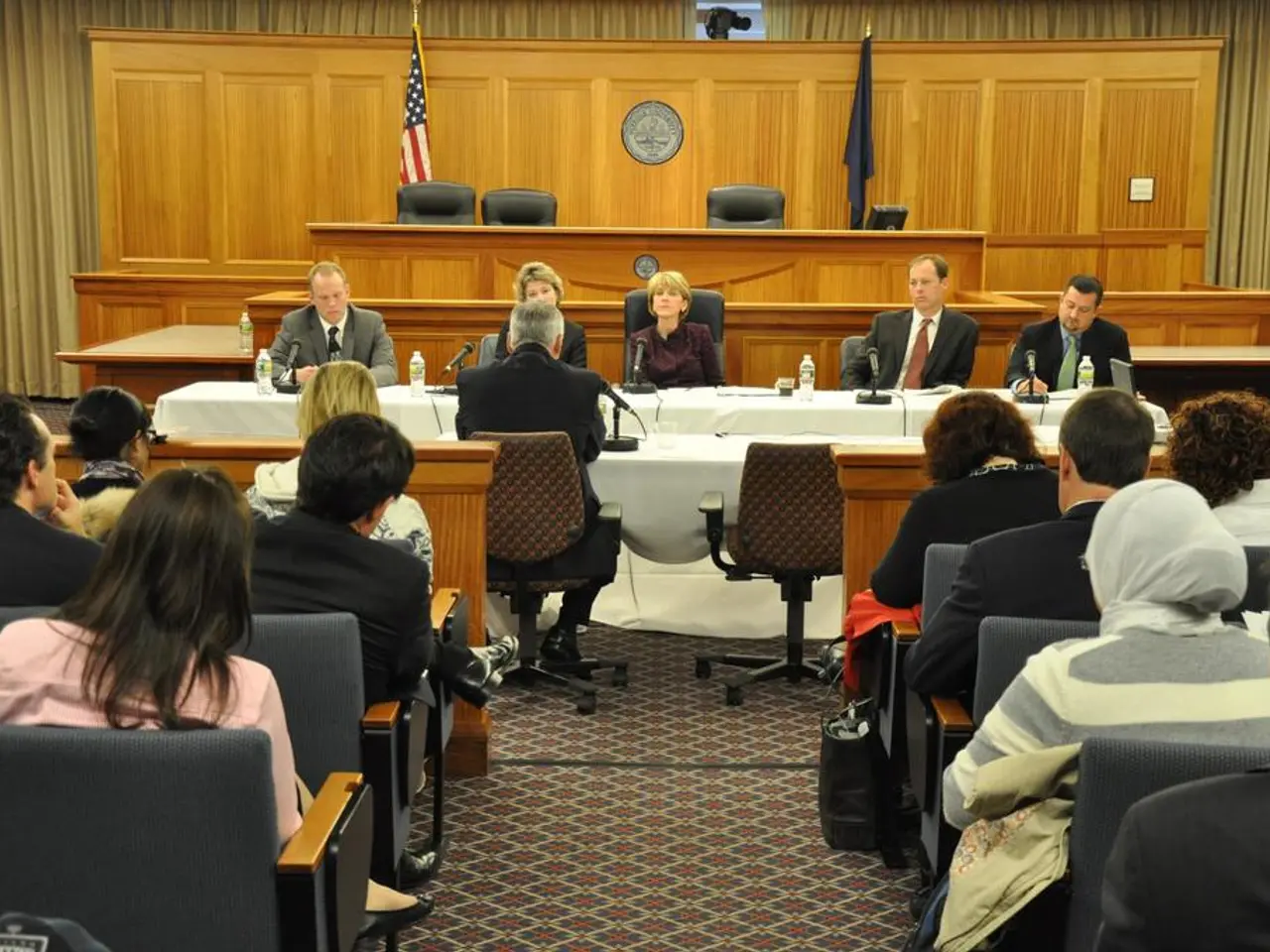Trump-Putin Summit in Alaska: A Tough Day for the Western Hemisphere - Trump-Putin Summit in Alaska: A Disappointing Day for the Western Hemisphere
The much-anticipated Trump-Putin summit in Alaska on August 15, 2025, concluded without any concrete agreement or deal, particularly regarding Ukraine and economic matters.
Both leaders described the talks as productive or constructive, but no official progress or accord was announced. Trump later suggested the responsibility to advance a peace resolution now lies with Ukraine and European nations.
Regarding Ukraine, the summit did not yield any ceasefire or territorial agreement. Putin presented a proposal that involved Russia permanently absorbing occupied Ukrainian territories in exchange for limited concessions, a plan that Ukraine rejects. Trump appeared to tacitly support the idea of land swaps, which further alienated Kyiv.
On economic matters, despite earlier threats from Trump to impose more sanctions or tariffs if Putin did not agree to terms, the summit resulted in no immediate adjustment of economic sanctions. Putin emerged symbolically strengthened by attending a summit in the U.S. military territory and by sidestepping immediate ceasefire commitments or sanctions relief.
The German government is taking a wait-and-see approach after the summit. Chancellor Friedrich Merz is being kept informed about the developments in Anchorage. Trump's team is in close contact with the allies following the summit.
The political scientist from King's College in London, Peter R. Neumann, evaluated the summit as having not gone well. He saw little more than warm words in the summit evaluation. Carlo Masala, a political scientist and military expert from the University of the Armed Forces in Munich, expressed uncertainty about the points where Putin and Trump agree. Neumann stated there was no deal and no ceasefire after the summit.
Putin claimed great progress was made during the summit, but these claims remain unclear. Trump mentioned no significant progress was made in an important area during the summit. Russia's leader Vladimir Putin stated there is an agreement after his summit with US President Donald Trump, but the specifics of the discussion or agreement remain unclear.
Trump has promised to inform European partners promptly, but no indication was given as to when this will happen. It is clear, however, that future negotiations, potentially including Ukrainian President Zelenskyy, will be necessary to seek any progress. The summit served mainly as a diplomatic stage, with no concrete agreements on Ukraine’s conflict or economic sanctions. It was perceived as a symbolic win for Putin, with future negotiations necessary to seek any progress.
The President of the Council and the President of the Commission, amid the general news and politics, found the summit's outcome regarding war-and-conflicts and policy-and-legislation disappointing, as no concrete agreements on Ukraine's conflict or economic sanctions were reached, despite assurances of productivity and constructiveness from both leaders. In the following days, these leaders are expected to engage in further policy discussions and negotiations, particularly with Ukraine's President Zelenskyy, to seek any progress in resolving the ongoing issues.







